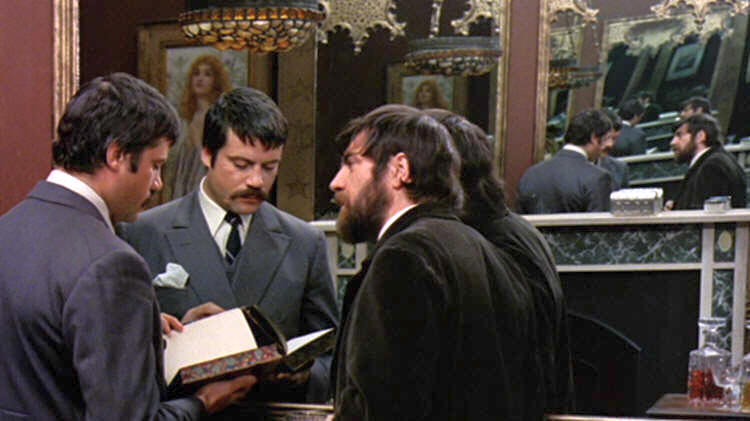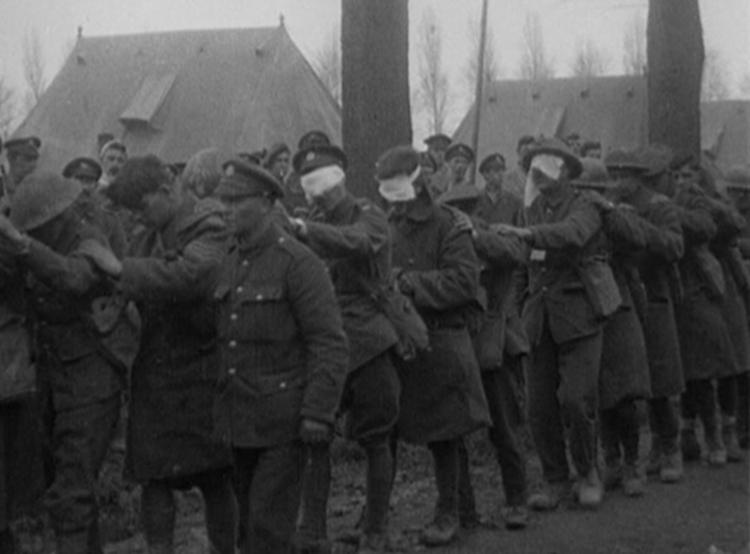
"Rarely has a great novel been more lovingly, more sensitively or more knowingly brought to the screen" (Arthur Knight, quoted in Jane Jaffe Young, D.H. Lawrence on Screen, 1999, chapter 4).

"... we are exposed to contrapuntal images of blinded World War One mustard gas victims followed by accumulating shots of graves that undermine the jingoistic connotations that have been heaped onto the 'Land of Hope and Glory tune'. These techniques recall the work of Sergei Eisenstein, a thinker and film practitioner whose ideas have much to offer in the analysis of Russell's films and the critical tirades that plague them" (Kay Dickinson, Off Key, 2008, chapter 3).